The biggest advertising business in the world is Facebook: Varun Duggirala
Varun Duggirala has worn many hats in the course of his career. He had a background in broadcast production at MTV and Channel [v] before he founded The Glitch along with Rohit Raj in 2009.
Now, as Content Chief of The Glitch, Duggirala oversees the core process for content creation across the integrated content model for the agency. He works with the core creative and production teams to constantly evolve new age branded content for its clients. He also oversees finance and operations for the company.
Today, The Glitch is one of the largest creative digital agencies in the country, delivering strategic campaigns that not only shift business but shape the culture of brands. The Glitch was recently acquired by WPP and is operating as an independent brand under GroupM.
Duggirala has many passions outside of advertising. He was a TEDx speaker at the Jawaharlal Nehru Technological University, Kakinada (TEDxJNTUK) and a regular collaborator with The Social and The Coalition - an Indian platform that hopes to bridge the gap between creative ideas and lucrative business, to start a series of workshops in the hope of arming creative entrepreneurs with essential business skills.
Advertising is dead, long live advertising
After appearing as a guest on IVM Podcasts, the Team at IVM Podcasts conceptualised the show and discussed the possibility of Varun hosting it, thus began the journey of the ‘Advertising is Dead’ podcast.
The advertising media and entertainment space has seen the largest amount of disruption over the last decade. In so many ways the old order has been shaken and an overhaul of how the business creates, distributes and most importantly functions on a day to day basis is now in a constant state of flux. Over the last 35 weeks this is exactly what the podcast "Advertising is dead" has tried to capture.
In conversation with Adgully, Varun Duggirala, Content Chief, The Glitch, discusses his podcast, guests and takeaways for the listeners.
Excerpts:
How has your venture into the podcast space been?
I don’t come from a traditional background. I’ve never worked in an agency before The Glitch. I had very little understanding of how things used to function, though I understand how things are functioning now. We were discussing how the largest changes in the system dynamics have happened in the last decade. It is not longer just creators, but you’re talking to talent agencies and platforms and clients themselves are doing a lot of creative stuff in house. There is a lot of flux in the space and we wanted to have a conversation with people across that. Even if you see the guests we’ve had over time, we’ve had Kunal Jeswani from Ogilvy, the guys from Pocket Aces come in at some point. We had a legal expert come in at some point because legal is such a large part of what we do.
After the first couple of weeks, we realised our audience was in the age bracket of 20-30 years and a lot of them are trying to break into the industry. A lot of them are used to hearing jargons about the industry. Some of them feel, ‘am I barred from entry if I don’t study in a certain institute?’. We get a lot of messages from people asking about the podcast and we make sure to respond the following week. It has fast become the primary focus to understand the space, what are the primary possibilities and what are the takeaways or whether there are any barriers. Anybody can be a part of this industry; it is not necessary that you have to be an advertising person to be in advertising anymore.
We try to have as much variety as possible, so we keep the conversation very free flowing. We discuss a lot of things that is in the work space as well as stuff beyond just work, such as mental health, work-life balance, etc.
What do you mean by ‘Advertising is dead’?
Advertising in its traditional sense has died. It is no longer a singular set of ads that you are creating. While a lot of it exists for a large part, the way of making it has changed. Earlier, a brand would make 1-2 TVCs a year and take out a print ad. Now, you are making about 500-600 pieces of content in a year from social posts to stuff that you put up on banners and pre-rolls. Even when shooting a digital film today for a brand, what we do is shoot one ad film and 30-40 other aspects that we can use across platforms. Even in the e-commerce space, how you are building the commerce aspect of what you are putting out there, if you see all these things, there is a lot more happening, which means that the dynamics are very different.
What a talent agency can bring on board, an agency cannot traditionally bring on board anymore, right? A lot of people have to work together much more than they had to; earlier, everybody had their own siloes. Now if I have to put together anything for a brand, on the one end I need to work with creators and talent, I need to work with platforms, who have very defined strategies on how ideas could work better on their platforms, I would say that’s how creativity has changed.
Brands are creating things with 2 objectives today – am I creating things that are giving some sort of value to my consumers? Or they are focusing more on values? I like a brand because I relate to the values it has. Those two things are what brands are really focusing on.
Has this flux in the industry been brought on by digital?
If it wasn’t digital, it would be something else. We have more platforms to communicate on and especially fast changing platforms. Facebook and Instagram are platforms which are still a little bit older, whereas platforms like TikTok and Twitch are what kids are watching now. I think it is interesting to keep oneself updated, so I feel the web has been almost an open-ended playfield and how you adapt as a brand and creator for that.
How do you identify the subject of your podcast chats?
What we do is have a pre-chat, where we speak to the guest and discuss what I was thinking of asking, whether there are some perspectives the guest really wants to speak about. Then we figure out a nice way to have a conversation. It should be like meeting someone for a coffee and having a chat. We hardly edit out anything from the show, only sometimes if there is a blank space left out. It is literally two people sitting in a room and having a conversation and then everybody listening to it. We want to make sure it feels like that.
What perspectives do guests bring to the show?
I ask this question at the end of every show, why will advertising not die? Someone will turn around and say as long as people keep consuming products it will always be there. Or the fact that whenever someone wants to consume any piece of content, advertising will always be a part of it. These are just two examples, but every episode has that. What I feel is interesting is that everybody has a strong perspective on how work happens today. They come and talk about how their journey has been and they have been very nice about sharing it. They also give their perspective on how the industry really is right now, and we shouldn’t worry whether the ad industry is crumbling. The industry is transforming and we should be positive about what you can do instead of what you can’t do anymore.
We try to speak to someone who wants to work in the media space, talent space or wants to create something. What do they really need to have or push themselves towards to get in this business? That’s what I ask each one of my guests, so people who listen to the podcast can look at their own journeys and get inspired.
Is it important to view advertising from a new lens?
To call this space just the advertising space is fast going away. If you ask who’s in the advertising business, everybody is in the advertising business. The biggest advertising business in the world is Facebook, in that it is a largest revenue stream that they have. We normally look at these things in siloes, but everyone is in the same pool. I like to say that we are all in the communications business. Anybody who is communicating anything in this world is now part of this pie. Once you look at the wider view, we also understand how we can structure what we do and focus ourselves both as agencies and brands and really be up to date of what is really going on.


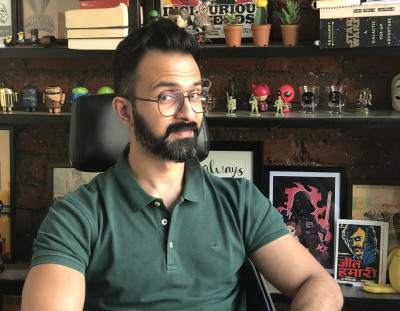


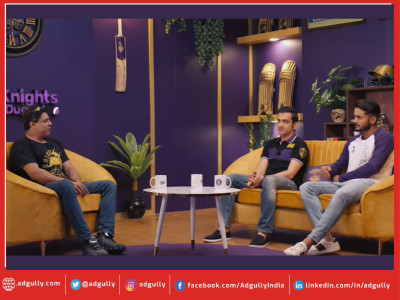
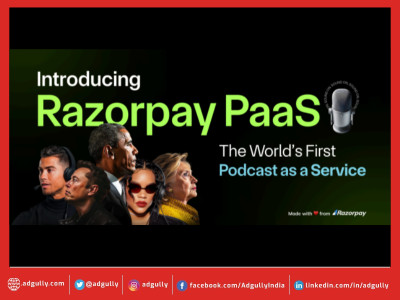



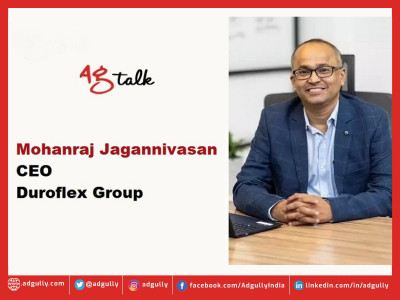
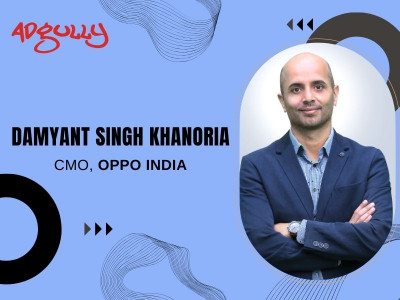
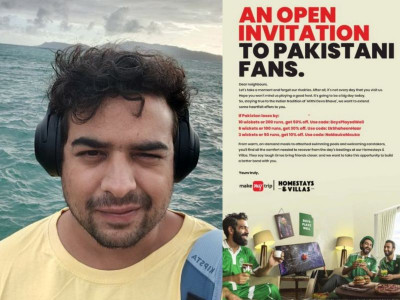
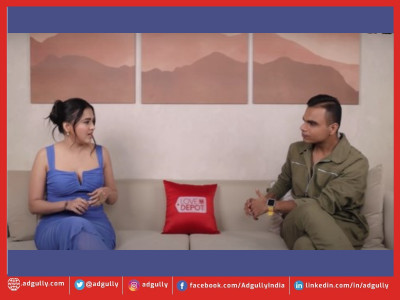




Share
Facebook
YouTube
Tweet
Twitter
LinkedIn